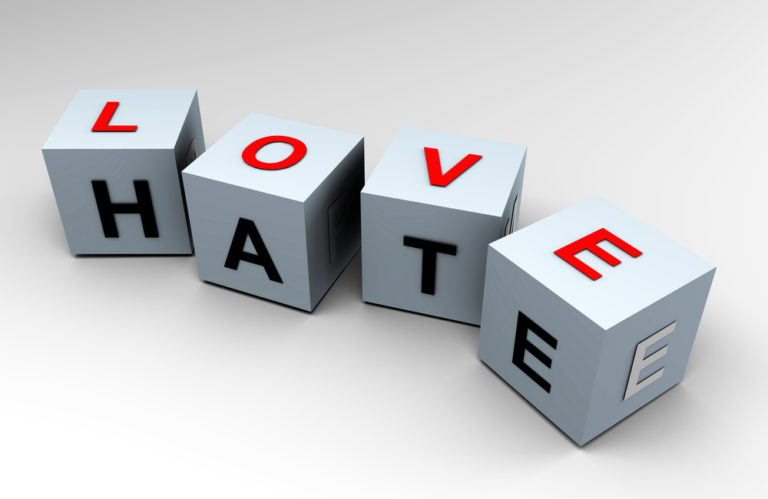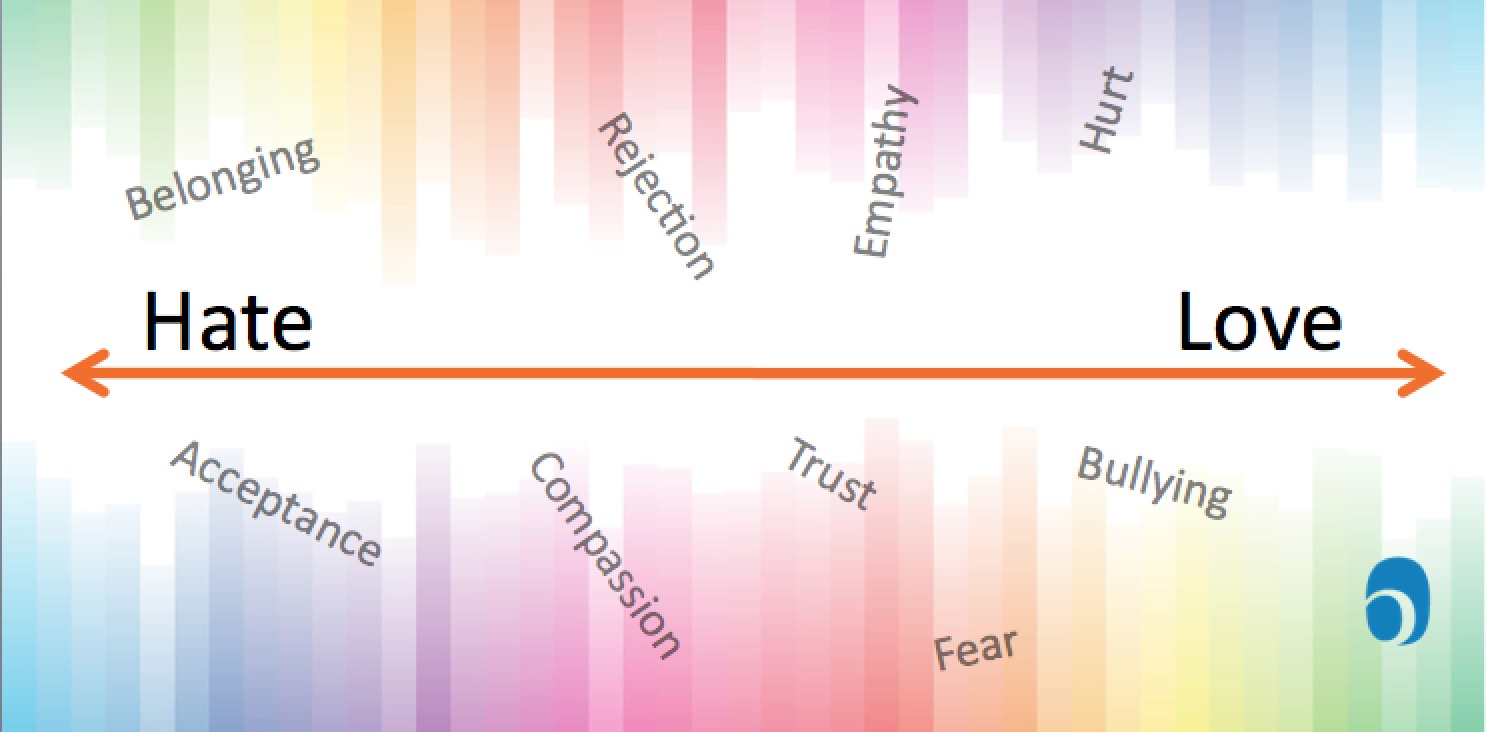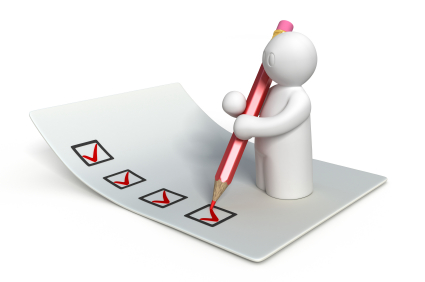“Love means never having to say you’re sorry.”
– Ali McGraw in Love Story, circa 1970
While the concepts of love and hate are supposed opposites, yet mean what they mean to each of us, I’m thinking common ground is needed to reconcile the two and bring internal comfort. It may help us to understand why love and hate are two sides of the same coin, so to speak. Or why love and hate actually live along the same continuum.
Our rules of life
As I bring up at least monthly, the underlying generator of our internal struggling is the assumptions we make about ourselves and others. These assumptions are based on our personal—learned—‘iron-clad’ rules of life that affect our perceptions of situations rather than on reality. Here are examples of some of my rules:
He SHOULD be kinder.
She SHOULD learn the job faster.
I HAVE to be on time all the time.
I HAVE to be a member of the Clean Plate Club.
You MUST do what I say, because I’m your supervisor.
That list could go on and on.
When life doesn’t align with those beliefs, our frustration can quickly bubble up and cause serious relationship issues.
The common ground
What do our rules (i.e., assumptions) have to do with love or hate?
Let’s tweak the statements I made above slightly to show how they can easily become statements of love and hate.
I HATE when he’s not kind.
I LOVE when she learns the job fast.
I HATE being late.
I LOVE being a member of the Clean Plate Club.
I HATE when you ignore what I say: I’m your supervisor, so you should listen.
When reframed, it’s easier to see why our assumptions, expectations, or “rules of life” become laden with emotion and judgment and then create our most serious relationship challenges. In other words, they FRUSTRATE!
Aligning stars
When I HATE something, it’s usually because it doesn’t align with my rules. When I LOVE something, it’s because the stars are aligning and life feels easier. Similarly, when we LOVE or HATE people, it’s often because they are or are not behaving the way we want them to.
In other words, “I HATE ________” translates to “________ doesn’t match what my rules tell me to expect.” Or “I LOVE ________” translates to “________ is doing exactly what I want her to do.”
Very quickly we start attaching positive or negative judgments and then my associated emotions to the person honoring or violating my rules rather than simply to their behaviour in the moment.
Watch how the previous phrases—even those that sound positive—can easily morph into the poison that we end up drinking.
I HATE him because he’s not kind.
I LOVE her when she learns the job fast.
I HATE myself because I’m often late.
I LOVE myself when I clean my plate.
I HATE you, my employee, because you don’t listen.
…. And I’m off and running, drinking the poison while waiting for the situation to go away.
Poison? Really?
Yes, we sometimes try to balance the emotional scales by professing that we “love” something. And loving something is always good, isn’t it?
I LOVE her when she learns the job fast.
When what she is doing aligns with my internalized set of rules (i.e., my expectation scale), then there is little unmet expectation, and no reason for negative emotions. Unfortunately, though, the love becomes conditional on her doing what I expect of her. (Which is hardly love at all.)
What, then, is at the center of the love–hate continuum?
I submit once again that it is purely my learned expectations, those dreaded rules of life that rather run my life and relationships.
It’s those rules that makes me judge. (We ALL judge!):
It totally aligns with my Knower/Judger rules, so I LOVE it.
But when it doesn’t, then something happens.
It so offends my expectations (i.e., my rules) that (you guessed it!), I HATE it!
What’s the point?
So what’s to be gained by loving or hating something or someone?
I, for one, haven’t found any use for hating anyone or anything. For me, hating is an energy-consuming emotion tied to my unmet expectation. And perhaps I instead need to practice managing those expectations?
Or maybe I try to make what you do or say to be less about love or hate in the first place?
I have personally found it to be more valuable to say other meaningful phrases than “I love you,” such as “I appreciate you” or “You are the most competent person I know” or “What you did was extremely valuable to me.” These examples can express my care without using such emotionally charged words that often only serve to show the conditions I place on others or things.
Likewise, rather than saying or thinking “I hate that” or “I hate you,” I can claim that you “took opportunity from me” or “Your tone made me uncomfortable.”
Forgiveness 101
Again, it’s easy to coast along with a relationship where expectations are always met. So let’s adjust our K/J rule sets to salvage relationships when thoughts of “hating” and “loving” arise.
To rid myself of anger and stress and frustration, I simply choose to forgive the other for their thoughts and actions that fail to meet my expectations in the moment. And then I forgive myself for my faulty assumptions and that dreaded rule set of mine that rears its head to keep life interesting.
This works beautifully for the relationships that really matter:
For the kids who disappoint, the bosses who pick on me, or the flippant advice I too easily accepted.
I can react with love or hate, or I can forgive and quickly move along.
I then never have to hear “I’m sorry” when I or someone or something pisses me off.
Try it. It can change your life.




